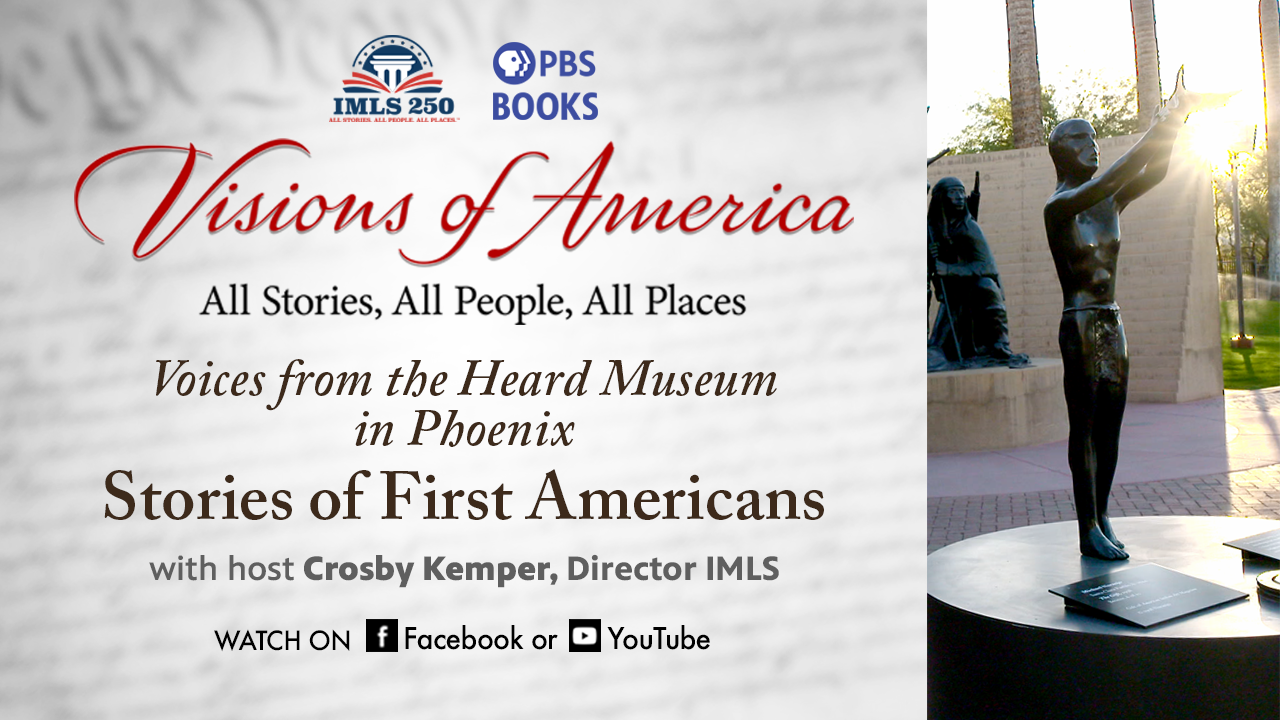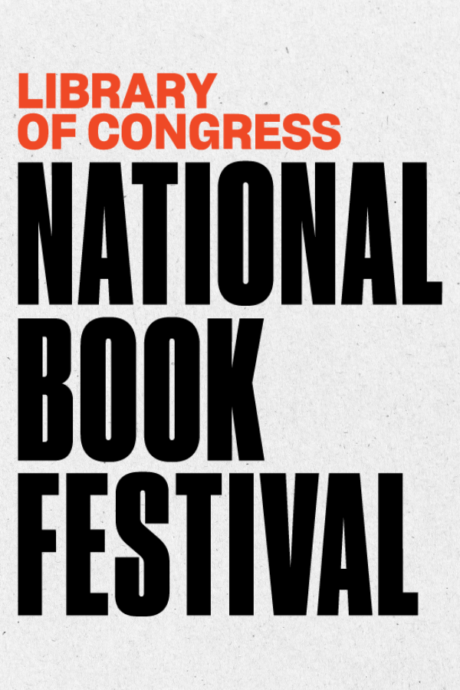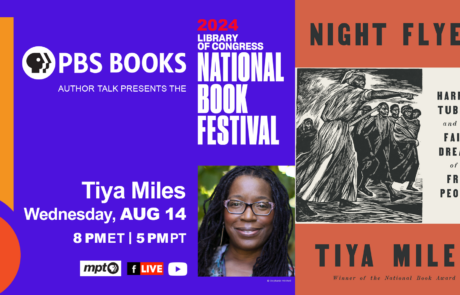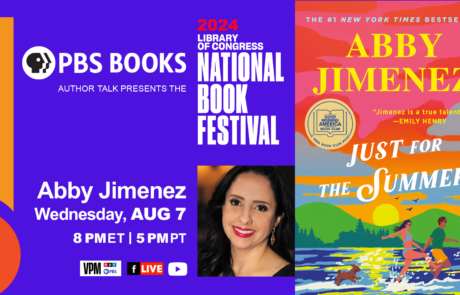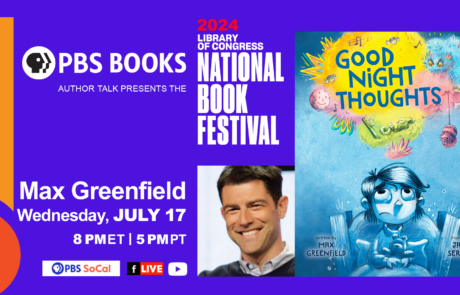Program Description:
The Heard Museum in Phoenix highlights Indigenous creativity from traditional artworks to contemporary creations. This episode celebrates Native American history, culture, and present-day policy, with a focus on amplifying under heard stories. It explores Indigenous stories of arts, culture, and sports, Native American citizenship and tribal sovereignty, and the changing (and important) place of Native Americans in history.
IMLS Director Crosby Kemper tours the Heard Museum with its Director and CEO David Roche to discuss the museum’s role as a central asset in telling and preserving American Indian history and culture.
Next, Crosby sits down with Walter Echo-Hawk (Pawnee), who is a Native American attorney, tribal judge, author, activist, and law professor, at the Heard Museum for a conversation to discuss Indigenous knowledge and traditions, tribal engagement, and the unique relationship of Native American tribes to our history.
Lastly, Philip J. Deloria (Dakota), who is the Leverette Saltonstall Professor of History at Harvard University, will join virtually to examine Indigenous contributions to the United States.
Both Echo-Hawk and Deloria are authors, whose work highlights lesser-known stories about Native Americans, who have triumphed over injustice in a quest to achieve the American dream.
Learn More:
Our friends at The Heard museum are committed to connecting Indigenous creativity to the world by presenting the voice and vision of American Indian artists. Learn more about their collections, events, and educational experiences at https://heard.org/
Since 1992 the Heard Museum has been home to the World Championship Hoop Dance contest, a competition that intensifies every year as dancers continue to add increasingly difficult movements to their routines integrating difficult manipulations of the hoops. Dancers’ scores are based on five judging categories: precision, timing, rhythm, showmanship, creativity and speed. February 2024 The Heard hosts the 34th Annual World Championship Hoop Dance Contest. In this program, we learn more about the history of this event. Click here to learn more.
About Visions of America
Visions of America – All Stories, All People, All Places, hosted by Institute of Museum and Library Services Director Crosby Kemper, explores our great nation and uses its diverse collection of museums, libraries and historians both familiar and new to tell some of the lesser-known stories that have flown under the radar in our shared legacy of American Independents. Over the course of 3 half-hour episodes in its first season, the program journeys to different historical sites throughout the nation for conversations that will tell the engaging but sometimes hidden stories that resonate with where we are at as a nation today. and maybe give some insight and inspiration on how we got here. But history doesn’t just exist in a museum. Each episode will also venture out into the cities these institutions call home to delve further into what makes each of these communities so important to our national identity, all with the help of local historians who know the stories of their community better than anyone.
Guest Biographies:
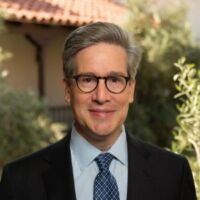
David M. Roche is a recognized national and international leader in the field of American Indian art. In 2015, he became the Director and CEO of the Heard Museum in Phoenix, Arizona, the largest private museum in the world dedicated to American Indian art and culture.
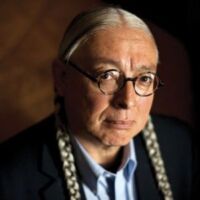
Walter Echo-Hawk is past President, Pawnee Nation Business Council (2020-2023), an author, attorney, jurist, and legal scholar. He was elected to the American Academy of Arts & Sciences in 2023. He authored The Sea of Grass (2018); In The Light Of Justice (2013); In the Courts of the Conqueror (2010); and Battlefields and Burial Grounds (1994).
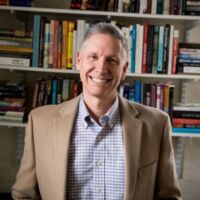
Philip J. Deloria is Professor of History at Harvard University, where his research and teaching focus on the social, cultural and political histories of the relations among American Indian peoples and the United States, as well as the comparative and connective histories of indigenous peoples in a global context.


